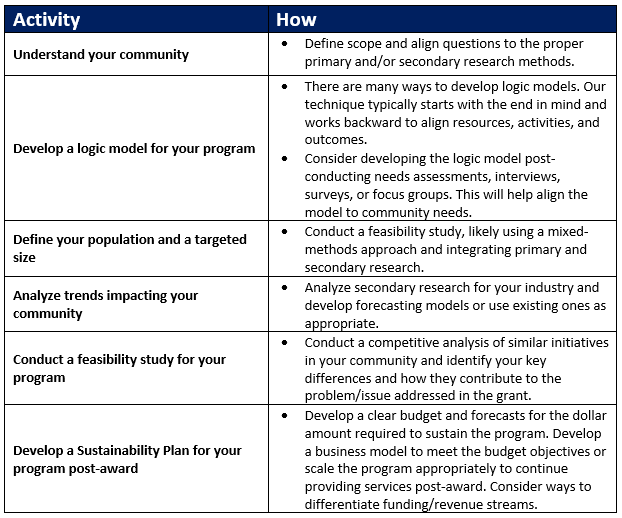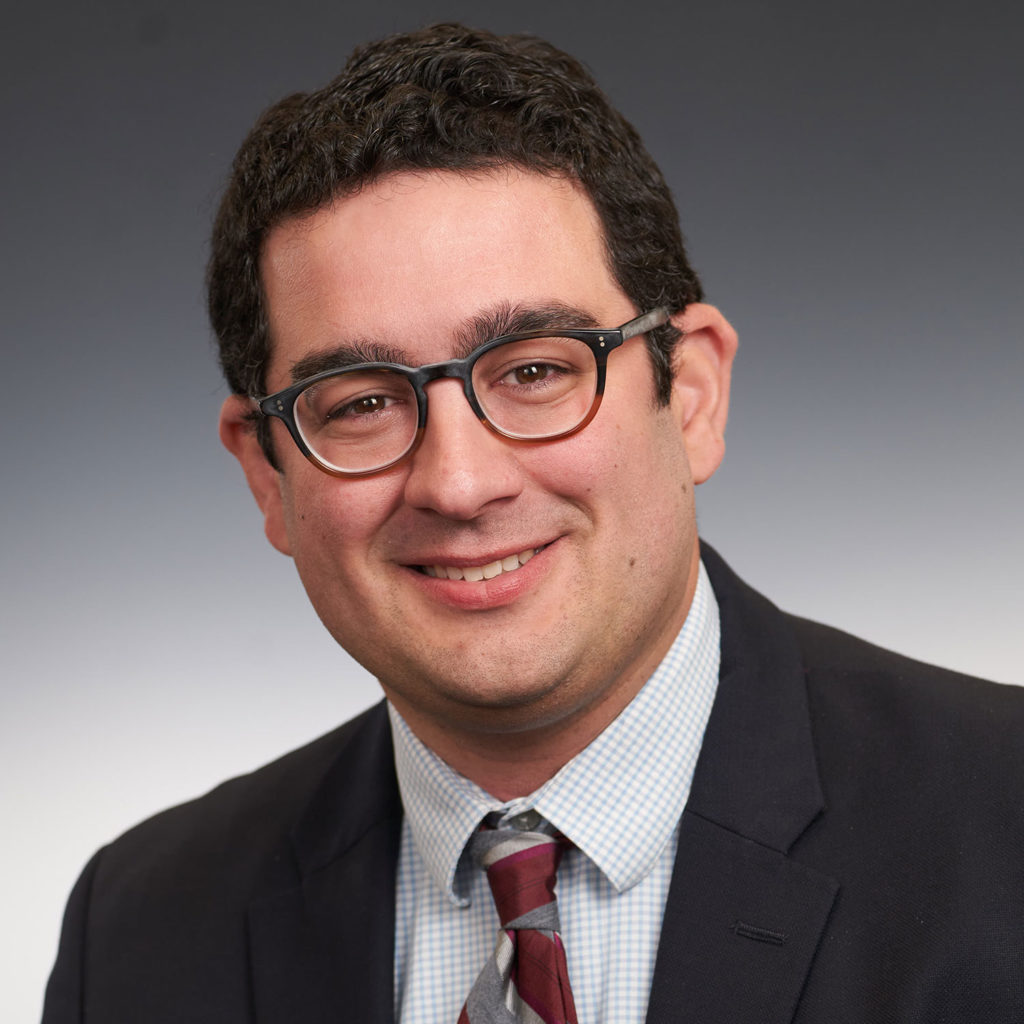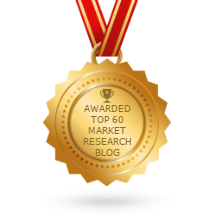Article by Patrick Fiorenza, RMS Director of Research Analytics –
We know how competitive grants have become and how essential they are to funding many organizations’ programs and initiatives. We strongly feel that organizations should have a market research-backed grant-writing infrastructure before new proposals or opportunities arise. Being prepared with an infrastructure will expedite the grant-writing process and allow grant writers and administrators to focus on their expertise, saving precious time that can be used to enhance the quality of an application. With much of your primary and secondary research completed to support your needs statement or proposal, you can focus on storytelling and fine-tuning your narrative to maximize the potential of a successful submission.
In this blog, RMS has identified six key questions grant administrators should be asking and how market research strategies can support them. We know this list could be endless! We would love for you to share your thoughts and other essential elements of the grant-writing process.
-
How well do I understand the community I am serving?
When writing a grant, you need to have a deep understanding of the community that you are serving. Market research techniques can quickly get you answers about your community. Whether it is better understanding a behavior, describing a population, or identifying a need, market researchers have plenty of methods to support your understanding of a particular community. The real trick is to select the proper approach: primary research, such as focus groups, interviews, surveys, and observations; or secondary research, such as data from state, local, or federal agencies, and even historical data an agency may already collect.
-
Have I created a logic model?
At RMS, our training is not only deep experience in market research but also in the social sciences. We have backgrounds in public administration, healthcare, education, evaluation, program design, feasibility studies, and grant writing. This combination has served us well in how we think about various aspects of data and helps solve the complex problems our clients face.
One technique we support, particularly for grants in the social services or education sector, is developing logic models. Logic models are a terrific tool to plan out a program and provide a means to design the methodology to evaluate the impact and implementation of an initiative. For example, the logic model will clearly state your indicators and the anticipated impact of your program. From this, we can apply techniques to measure your indicators, whether that is through surveys, administrative data, focus groups, or whatever method is deemed appropriate.
With a well-developed logic model, a seasoned researcher should quickly know if the research study should be mixed methods, quasi-experimental, experimental, random control trial, design-based research, or any multitude of methods used in the evaluation and research disciplines.
At RMS, we have a lot more to say on logic models and research design. The bottom line is that a sound logic model sets you up well for other grant application components, which traditional market research strategies can support.
-
Have I defined the population and targeted program size appropriately?
Defining the population is often trickier than you think. At first glance, it may look simply, “school-age children who have a mental health condition diagnosis.” This is a clear description of the population. But the logical follow up questions are: how do you have access to these individuals to enroll them in your program? What is the proper size of your program? This is where market research can start to help. You can often find ample information about your target population through federal, state, and local resources. The real work comes when you think about internal capacity, required ratios (if applicable), and historical data you already collect. Market research can help connect the dots, and help you think about the information you have access to and, more broadly, about your data needs.
-
What are the core trends I anticipate impacting this community in the coming years?
Here’s another example: if you are working on a workforce development initiative to re-train individuals or provide industry-approved credentials, you will want to assure that you provide individuals employment post-program and put them on a path for a sustainable career. You should examine federal data regarding anticipated job growth and market demand, as well as consider all the different factors of how your program will support individuals in the future. The same is true for any program or grant-funded activity. You will look more competitive if you show the immediate needs and describe how your program is designed to address projected trends.
-
Is my program feasible and needed in the community?
Market research can help you better understand the competitive landscape in your community. Perhaps there are already numerous programs like your design. This may reduce your application’s competitiveness, but competition can be helpful. You can use this intelligence to stress why your program is different. Perhaps there is a different credential you offer that a competitor does not, or you have a stronger partnership with your local workforce board or institution. Maybe your program design is a differentiator, and you have extensive evaluation data showing impact.
-
What is my sustainability plan? How is this integrated into the design of my program?
Too often, sustainability is thought about at the end of a grant cycle. Consider it front and center and put it into your proposal. Sometimes the grant is needed to jump-start an initiative, and if some capital expenses are covered, your business model will work. Market research techniques can help you identify sustainable business models, learn industry trends and, in some cases, test strategies to refine a model. These conversations should happen early and often, making your application more competitive.
We know that the grant-writing process is anything but linear. Based on our experience working with clients on various market research projects, RMS likes to meet clients where they are and offer support through many avenues. Whether you are a seasoned grant writer looking to improve the narrative and want a fresh set of eyes, or starting from scratch to build a grant toolkit, we can help.
Below we have provided a high-level table of essential components of a grant tool kit and areas that align well with market research. In an ideal world, your grant writers could quickly access information regarding your target population, demographics, and trends to save them time doing secondary research. This will help you figure out gaps and perhaps conduct some small-scale primary research (think focus groups, observations, surveys, etc.) as needed to complement the grant.

These are just a few ways market research can support your grant-writing initiatives. A good researcher takes an interdisciplinary approach to their work and learns how to adeptly transfer their skills across disciplines. At RMS, we embrace the challenge of finding the proper methods to solve your most challenging problems and support your grant writing through market research strategies.
Relational RMS Blogs:
Recruiting the Right Participants for Your Focus Groups: Best Practices
The Key to a Successful Program Evaluation Developing Your Logic Model – Part 1 of 2
The Key to a Successful Program Evaluation Developing Your Logic Model – Part 2 of 2
About the Author – Patrick Fiorenza

Patrick brings years of market research experience to the RMS Research Analytics team. His preliminary focus encompasses designing, implementing, gathering, and analyzing results from proven research methods created to obtain credible data to help guide decision-making across a variety of industries.
It’s good to know. We’re here for you.
Call us today, to see how we can help your organization.
Interested in conducting a market research project with RMS?
Contact our Vice President of Corporate Development, Sandy Baker at SandyB@RMSresults.com or call 1-866-567-5422.
About RMS
Research & Marketing Strategies, Inc. (RMS) is a full-service market research firm in Central New York. Formed in 2002, RMS helps organizations that are looking to know more about their customers and/or potential customers. They conduct surveys, focus groups, mystery shopping, studies and analysis. Each project is customized and gets personal attention by the best in the business. RMS has a reputation for getting results and offers an independent means to conduct telephone, on-line and mail surveying, In-depth interviews, intercept interviews, and participant recruitment as well as focus group hosting through QualiSight, its onsite call center and focus group facility. Taking advantage of the region’s reputation for being a great market study barometer, RMS recruits and moderates for focus groups, community forums and town meetings.

